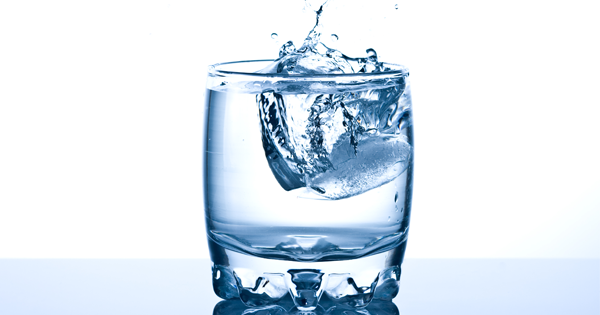You’ve heard that old health adage: You have to drink 8 glasses of water a day to be adequately hydrated.
Now, according to the New York Times, this just isn’t true.
In fact, there isn’t any science behind it. None.
Aaron E. Carroll, a lead author of a paper from 2007 about medical myths, studied this myth for years, debunking it over and over again.
But somehow, the myth persists.
The origin of this myth comes from a Food and Nutrition Board recommendation from 1945 (yes, that long ago) that recommended 2.5 liters of water per day. However, even that recommendation said, “Most of this quantity is contained in prepared foods.”
It’s possible to get most of your daily water from your food, since water is in almost everything, including coffee. Of course, if you’re thirsty you should drink water. But your body is going to tell you when to drink long before it dehydrates itself, says Carroll.
Real dehydration, he says, has symptoms, and you’d be able to tell when it was happening. And real dehydration only really occurs from illness, excessive sweating, or inability to drink.
However, the bottled water industry wants you to think you’re going to be constantly dehydrated, because it helps their sales. Nestle has been known to fund studies that make dehydration seem like a bigger issue than it is. Most recently, a 2012 study argued that children’s urine content showed that almost two thirds of children in New York City and LA weren’t getting enough water. This study was funded by Nestle.
Of course, says Carroll, it’s possible these kids aren’t properly hydrated. But that’s a normal condition for humans, not a disease, as the study tried to paint it. And, as Carroll said, “When two-thirds of healthy children, year after year, are found to have a laboratory value that you’re labeling ‘abnormal,’ it may be the definition, and not their health, that is off.”
But alas, this “eight glasses of water a day” belief persists. But now you know, so you don’t have to be the one who’s buying way more from Nestle than you need to.





